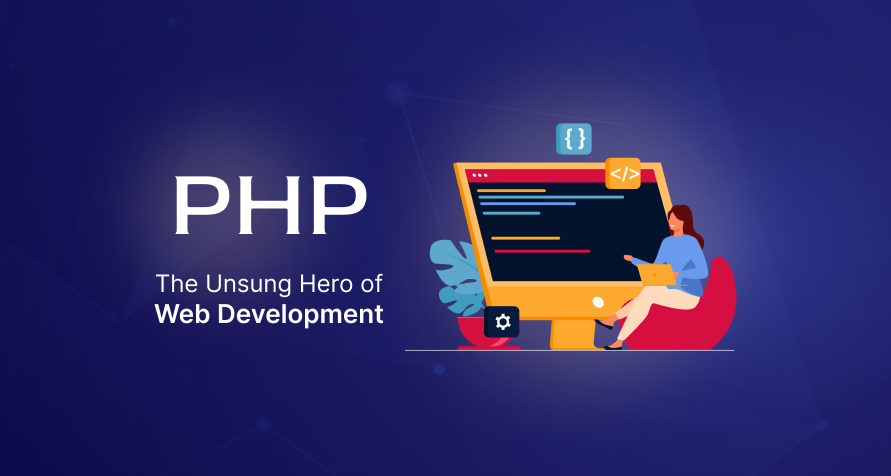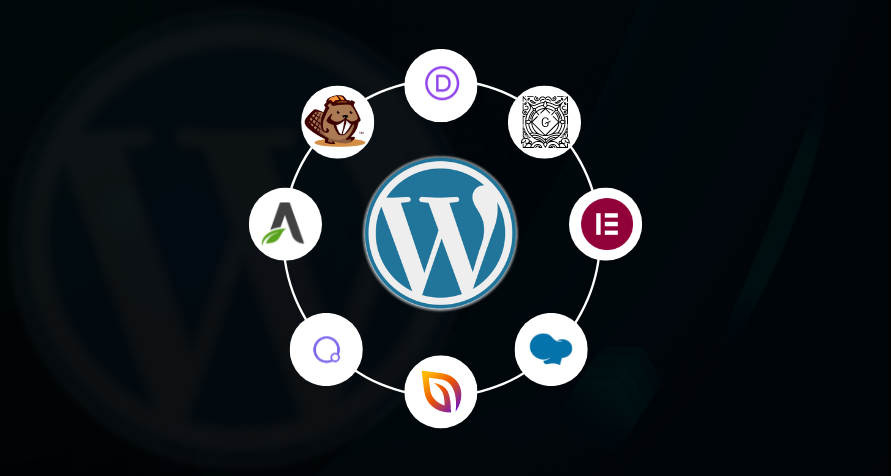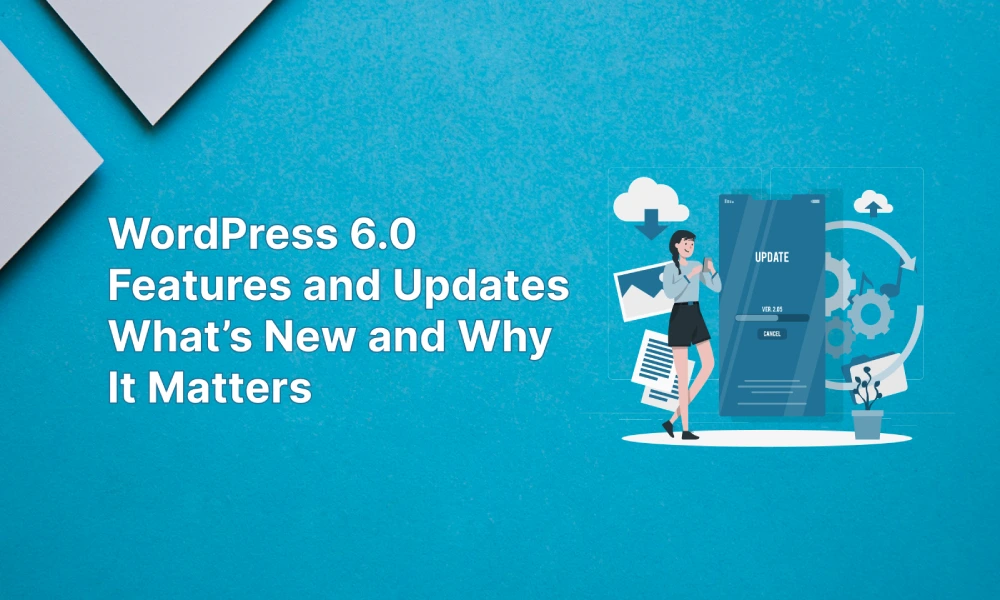What is PHP?
PHP, short for Hypertext Preprocessor, is an open-source scripting language that has shaped the web since 1994. It’s a vital tool in web development, powering nearly 80% of websites, including major platforms like Facebook and WordPress. Developers love PHP for its flexibility, ease of use, and the strong community that supports it. Whether you’re building a small project or a large-scale application, PHP is a trusted choice.
Why PHP Excels in the Real World
- Ease of Use and Flexibility: PHP’s syntax is simple and intuitive, making it easy for developers to write and understand code. PHP can handle everything, whether an essential website or a complex application.
- Cross-Platform Compatibility: PHP works seamlessly on various servers like Apache, IIS, and Nginx and can run on operating systems such as Windows, Linux, and macOS without any issues.
- Open-Source Advantage: PHP is open-source, which means it is completely free. Developers can modify its source code, which encourages collaboration and innovation within the community.
- Extensive Libraries and Extensions: PHP offers a rich collection of built-in functions and extensions that simplify everyday tasks such as database interactions, file manipulation, and session management. This leads to cleaner and more efficient code.
- Optimized Performance: PHP is designed to manage high traffic loads while effectively consuming minimal server resources. This optimization makes it a preferred choice for scalable, high-traffic applications.
- Vibrant Community Ecosystem: PHP benefits from a solid and active community that offers many resources, including detailed tutorials, lively forums, and comprehensive documentation. This supportive network enables developers of all skill levels to solve problems and enhance their skills quickly.
Daily use of PHP
- Website Management Systems: Many well-known platforms, such as WordPress, Joomla, and Drupal, are built using PHP. These systems enable users to easily create and manage website content, simplifying maintaining an online presence.
- E-commerce Platforms: PHP is the foundation of robust e-commerce solutions like Magento and WooCommerce, which provide everything needed to build and manage an online store.
- Social Media Platforms: Facebook was initially built using PHP, proving its ability to handle massive amounts of data and dynamic content for millions of users.
- Dynamic Web Applications: PHP is excellent for building interactive websites and online tools, such as customer relationship management systems or project oversight applications. It integrates seamlessly with databases and other technologies, making it a dependable option for these projects.
- API Development: PHP is helpful and proper for building APIs (Application Programming Interfaces). These tools enable different software programs to communicate with one another, facilitating collaboration and information sharing between various applications.
Pros and Cons of Using PHP
Advantages:
- User-Friendly: PHP is easy to learn, making it ideal for beginners. Additionally, it offers advanced features that experienced developers can take advantage of.
- Cost-Effective: PHP is free to use, saving businesses money on software development. Many free resources are also available to help individuals learn and effectively use PHP.
- Strong Support Community: PHP has a large user community and a wealth of tools available, including popular frameworks like Laravel and Symfony, which make it easier for developers to create websites and applications efficiently.
- Highly Scalable: PHP applications can quickly grow from small websites to large enterprise solutions, making them highly scalable.
- Great Integration: PHP integrates smoothly with databases like MySQL and PostgreSQL and with various APIs and technologies, allowing for seamless communication and data management.
Disadvantages:
- Security Concerns: Since PHP is open-source, it can be vulnerable to issues if developers don’t follow recommended practices. However, implementing suitable security measures can help reduce these risks.
- Variable Syntax: PHP’s coding style has changed over time, which can sometimes confuse developers.
- Performance Challenges: While PHP works well for many tasks, it may not be as quick as newer technologies like Node.js, especially for applications that need real-time responsiveness.
- Lack of Some Modern Features: Compared to newer programming languages, PHP doesn’t include certain advanced features, which could disadvantage developers accustomed to those tools.
Conclusion:
PHP is a popular programming language that is easy to learn and use, making it a favorite among web developers. It powers many websites and online stores, helping businesses create engaging and interactive customer experiences. Even though it has some limitations, PHP is still a strong choice for building sites that need to be flexible and can grow over time. Its strong community means plenty of resources and support are available, making it a dependable option for anyone looking to develop a website.






